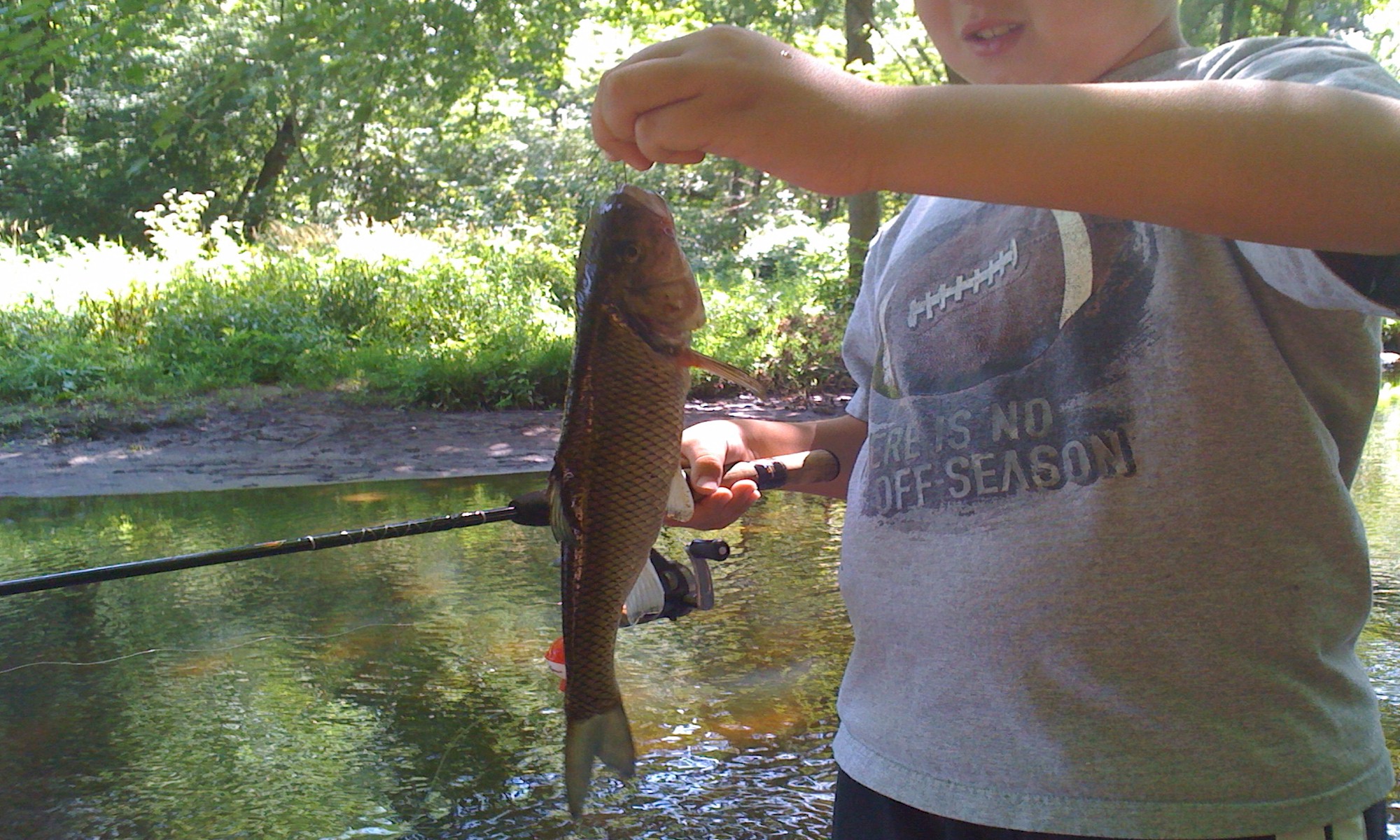Connecticut Has A Bad Case Of Crabs!
It’s true! I was reading a story about these new intrusive freshwater crabs that are showing up in Connecticut – the Chinese Mitten Crabs. Seems we’ve gotten another import that is ruining our natural resources – AGAIN!
In all fairness though it’s not just Connecticut that has these crabs. They’ve been showing up in the Hudson Bay area, The Delaware Bay area and the Chesapeake Bay area as well. The first sighting of one of these crabs in the Eastern US was approximately 2005.
You can read more about these little invaders at: The Advocate
A quick synopsis: Chinese mitten crabs may be found in both freshwater and salt water. They are walking crabs that can emerge from the water to move upstream of barriers and are capable of moving several hundred miles upstream from saltwater. They spend most of their lives in freshwater rivers, migrating to brackish or salt water to reproduce. The young move upstream, sometimes spending 2 to 5 years in freshwater.
These crabs are very aggressive and may compete with our popular native blue crab in the Sound. Their burrowing habits may also threaten stream banks and earthen dam stability. These losses will promote erosion and habitat loss.
Here’s a picture of the crab and how to identify it: Picture of the Chinese Mitten Crab **Credit goes to the Oregon Dept of Fish And Wildlife for the photo.**
So if you happen to see any of these little buggers while your out and about freshwater fishing, be sure to get rid of it. You also might want to let your local fish and game official know where you found it as well.
Preserve our natural resources!
Catch you later.
